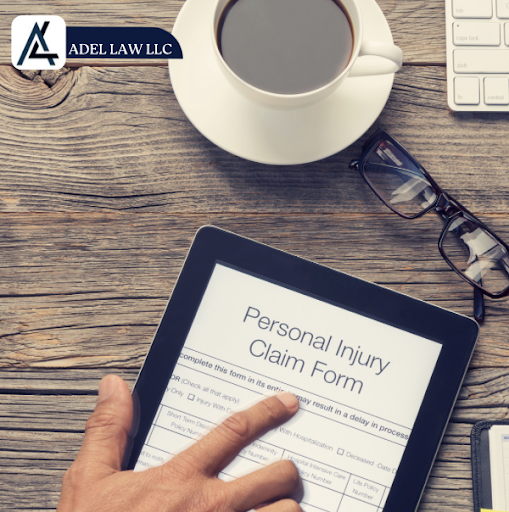When accidents happen, the aftermath can be both physically and emotionally draining. Whether it’s a slip and fall, a car accident, or medical malpractice, dealing with injuries is challenging enough without worrying about the legalities. Understanding the role of negligence in securing personal injury compensation can make all the difference in how you move forward.
What Constitutes Negligence?
Negligence is a legal concept that forms the basis of most personal injury cases. It occurs when someone fails to act with the care that a reasonably prudent person would in similar circumstances. This could be anything from a driver running a red light to a business owner neglecting to clear ice from their sidewalk.
To succeed in a negligence claim, you must prove four key elements: duty, breach, causation, and damages. First, you must show that the other party owed you a legal duty of care—an obligation to act in a way that avoids harm to others. Next, you must demonstrate that they breached this duty by failing to meet the standard of care expected in the situation. After establishing the breach, you need to prove that it directly caused your injury. Finally, you must show that you suffered actual harm—whether physical, emotional, or financial—as a result.
Types of Negligence in Personal Injury Cases
Negligence can take many forms, and understanding the different types can help you determine whether you have a viable personal injury case.
- Comparative Negligence: Similar to contributory negligence, but in this case, the injured party’s compensation is reduced by their percentage of fault. For instance, if you were found to be 20% at fault in a car accident, your compensation would be reduced by 20%.
- Gross Negligence: This is a more severe form of negligence, where the other party’s actions were not just careless but reckless or willful. In these cases, punitive damages may be awarded in addition to compensatory damages.
The Importance of Legal Representation
Given the complexities involved in proving negligence and the potential challenges in a personal injury case, having a personal injury lawyer is often essential. A lawyer can help you gather the necessary evidence, negotiate with insurance companies, and represent your interests in court if needed.
A skilled lawyer will not only help you prove the other party’s negligence but also ensure that your own actions are accurately represented. This is especially important in cases involving contributory or comparative negligence, where your compensation could be at stake.
Moving Forward After an Injury
Recovering from an injury is a process that takes time, patience, and often a bit of legal help. By understanding the role of negligence in personal injury law and working with a qualified lawyer, you can focus on healing while ensuring that your legal rights are protected.Navigating the legal landscape after an injury can be challenging, but you don’t have to do it alone. With the right support and knowledge, you can secure the personal injury compensation you deserve and begin to rebuild your life.




